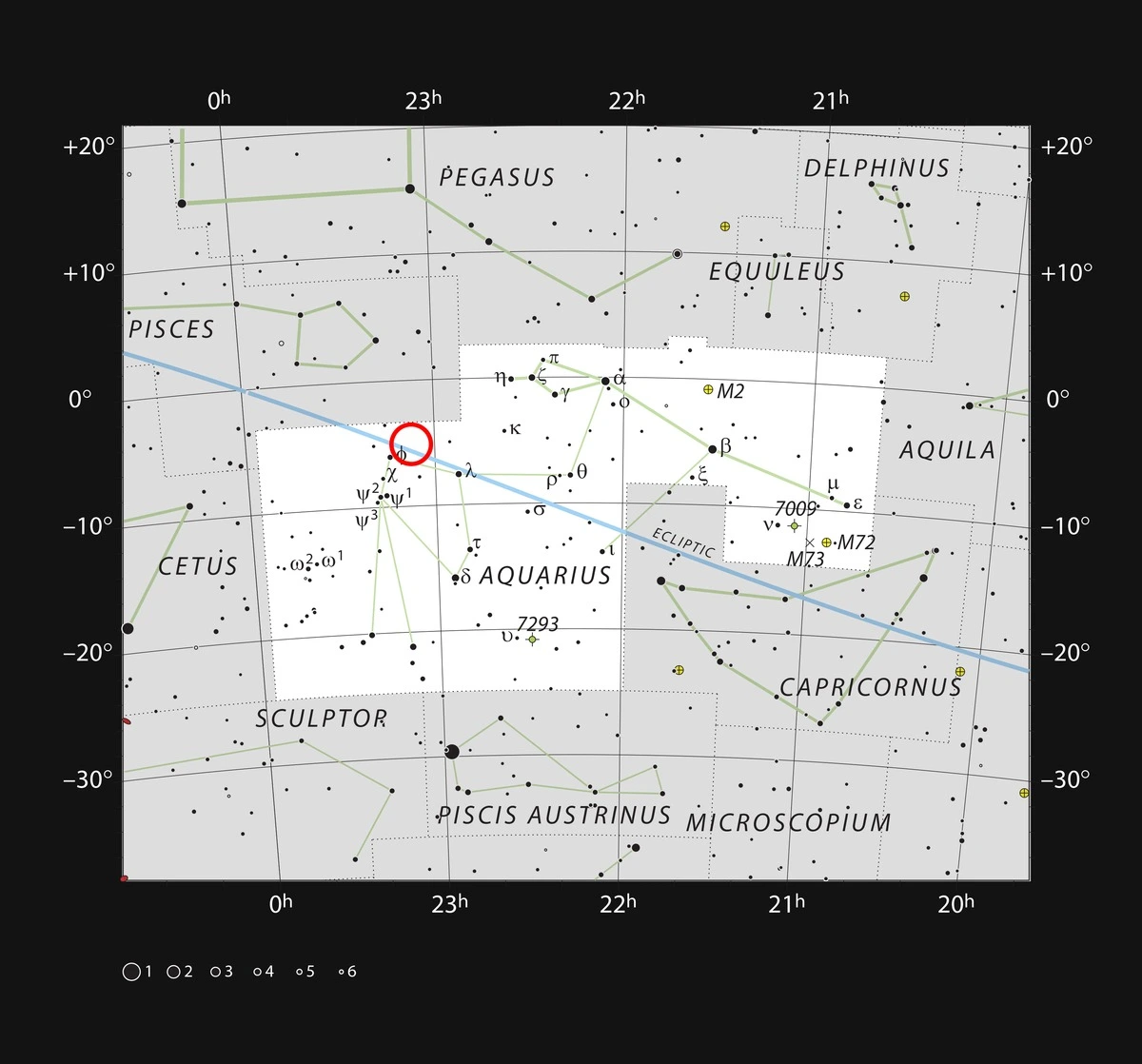(it’s not a solar system because Sol is our star, specifically; we’re the only Solar system)
TRAPPIST-1 is a cool red dwarf star[c] with seven known exoplanets.
Up to four of the planets – designated d, e, f and g – orbit at distances where temperatures are suitable for the existence of liquid water, and are thus potentially hospitable to life.
The red dwarf star TRAPPIST-1 has an estimated lifespan of pretty much the entire lifespan of the universe. If any of those planets are habitable, and humanity goes there, we could live there until the end of the whole universe, no worrying about our sun going out in about 5 billion years. It could be our forever home.
The planets in the TRAPPIST system are extremely close to each other, so the night sky on any of them would be awe-inspiring, with multiple bodies bigger than our moon rising and setting every night.



Maybe, but I don’t trust generations to consistently maintain it. I’d rather a self-correcting natural process.
Mars is an example of why the natural process isn’t exactly reliable either… You can engineer things to be as durable as planets, there’s just generally not much demand for a project to be that costly in resources. In this case, I’m pretty sure making an artificial magnetic field that’s more durable than the natural one would also be cheaper than recreating the natural one.